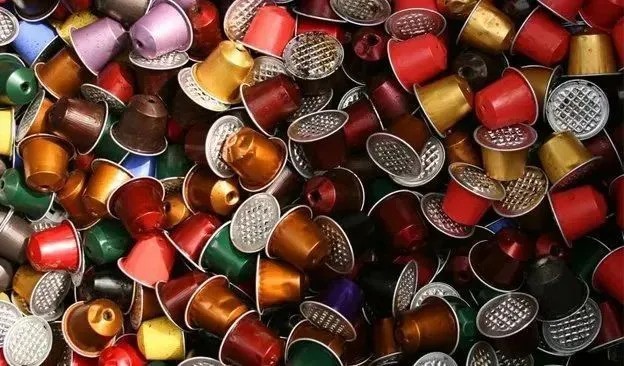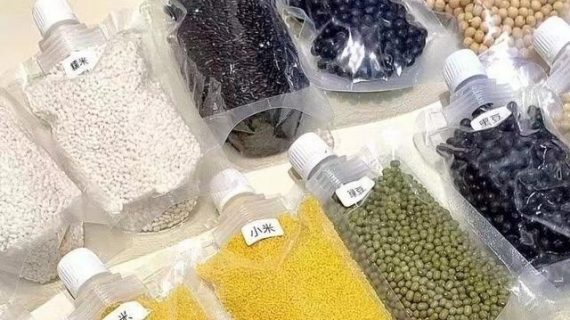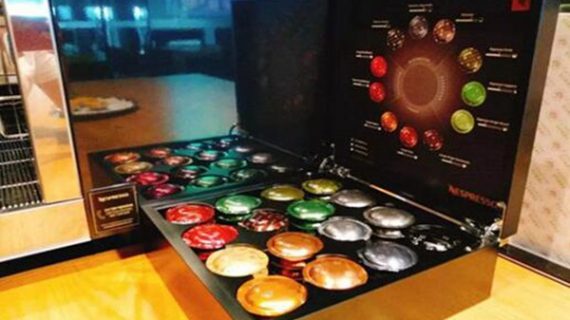How to reduce the plasticity of coffee capsules?

Convenient and affordable coffee capsules have changed the way millions of people consume coffee.
According to the data of FMI, a global market research and consulting company, the global capsule coffee market is expected to exceed 9.8 billion dollars (about 65.6 billion yuan) by the end of 2032.
However, the public attraction and convenience of coffee capsules also bring many drawbacks. With the growing concern of consumers about sustainability and the need for brands to improve the impact of consumer products on the environment, the prosperity of coffee capsules is soon limited by concerns about how to ensure that capsules are fully recyclable.
In 2017, the sales volume of capsule coffee machines in the United States reached 4.5 billion dollars, and these coffee capsules can circle the earth more than ten times. The research conducted in 2021 found that 29,000~35,000 discarded coffee capsules finally enter the landfill every month. Coffee capsules bring many environmental pollution problems.
Generally speaking, coffee capsules are made of pre formed plastic cups and aluminum caps. The mixture of aluminum and plastic is difficult to recycle and takes up to 500 years to decompose. With the awakening of consumers’ awareness of sustainability, they began to question the environmental protection of coffee capsules.
Reducing the plasticity of coffee capsules has become one of the more sustainable ways for brands. Some capsule coffee giants have noticed this problem.
Two of the world’s largest single cup coffee machine brands, Keurig Green Mountain’s K-Cup and Nestle’s Nespresso, have proposed to establish a more comprehensive and sustainable capsule recycling plan by 2020.
Nespresso is also working with UPS to develop a capsule recycling program in the United States. Nespresso provides free recycling bags for consumers. Consumers can put used coffee capsules in any of 88000 UPS delivery points, 500 Nespresso boutiques and other cooperative retailers.
Moreover, Nespresso announced that by 2020, its coffee capsules will only use aluminum from sustainable sources.
In addition to aluminum from sustainable sources, paper packaging is also a choice for some large CPGs to turn to as a potential choice to improve the sustainability of their packaging.
Not long ago, Nestle said that after three years of research and development, Nestle’s Nespresso coffee brand will launch home compostable paper capsules. The new capsule will be piloted in France and Switzerland in the spring of 2023 to supplement Nespresso’s aluminum foil capsule.
Coles, an Australian supermarket giant, launched its own brand of compostable coffee capsules, becoming the first Australian retailer to launch its own brand of “compostable coffee capsules”. The raw materials of its coffee capsules are made of cellulose and vegetable oil from organic compostable pods, which can be decomposed in a home composting box in the same time as orange peel.
German coffee producer Tchibo introduced a bio based PP capsule for its Qbo brand, which is made of 70% of the second generation renewable raw materials. These second generation renewable raw materials are made from organic wastes and by-products, such as tall oil from forestry, waste fat from fast food industry and vegetable fat from edible oil production.
In addition, Nexe Innovations, a startup dedicated to sustainable consumer goods, launched Nexe Pod, a vegetable coffee capsule that can be directly composted in the United States and Canada. This Nexe Pod environmental protection capsule is made of polylactic acid (PLA), bamboo fiber and a variety of compostable ingredients. It is said that the capsule has passed the scientific test for five years, and data shows that 90% of the capsule will be degraded within one month.
In the coffee capsule market, more and more brands are adopting more sustainable methods to solve problems









